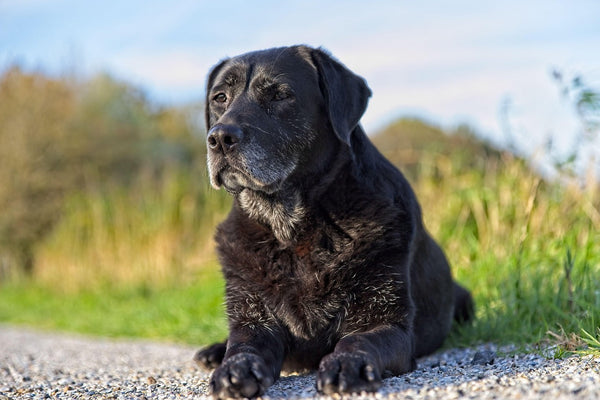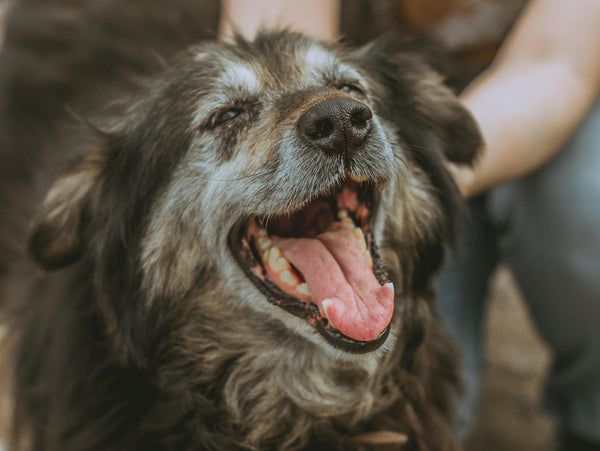Does Your Dog Breed Require a Sweater?
Certain dog breeds are built for the winter. Large, thick, double coats keep them loving the snow and the colder outside temperatures. Other breeds (short hair and smaller dogs) need a helping hand to help them enjoy the cold months up here in Canada. Very small dogs, like chihuahuas and similar sized breeds, cannot regulate their body temperatures as good as medium to larger sized pups. Small long-haired dogs should still be provided a jacket, due to the small amount of body fat. Large, thick coated dogs (including huskys, st bernards, newfoundlanders, chow chows and eskimo dogs) excel in cold climates and do not require additional layers. However, large thin dogs like dobermans and greyhounds will need a thick overcoat to help maintain body heat.
Look for the Signs
The best way to dress your dog for success in the winter is to watch for signs your pup is chilly. Even with a jacket/sweater on, keep an eye out for shivering or shaking. It is possible your pup is still cold and will need a warmer jacket or additional layers. If your dog is sluggish or trying to keep its paws off the ground, it is likely time to pick up your pooch and head back to the house.
Equipping Dog Boots
No matter what size dog and how thick coat, you should always equip your dog with a proper fitting pair of boots for outdoor winter adventures! Yes, all dogs will benefit from paw protection. Freezing ice and sharp chunks can damage and irritate the bottom of the paw. Small or short hair dogs will benefit from fleece-lined bootys to help keep their paws nice and warm when outside. Larger, thick coat dogs are better off with "hiking boots", that provide grip and protection but will not overheat them. It is vital that if you are taking your dog out in the winter without boots, you clean the paws thoroughly after each outing. Besides dirt, dogs can track in toxic chemicals like antifreeze in the winter, and get ill when they clean their paws. but suiting up your dog with boots, you can prevent this entirely.
Dress Up Elderly Dogs
Older dogs do not have as good blood flow as young and adult dogs. Because of this, they have a harder time keeping and maintaining an optimal core body temperature in colder conditions. They may also have a compromised immune system, making it more dangerous to spend long periods of time in the cold. Make sure to be mindful of elderly dogs and dress them up nice and snug and keep an eye out for the signs of a chilly pup!




